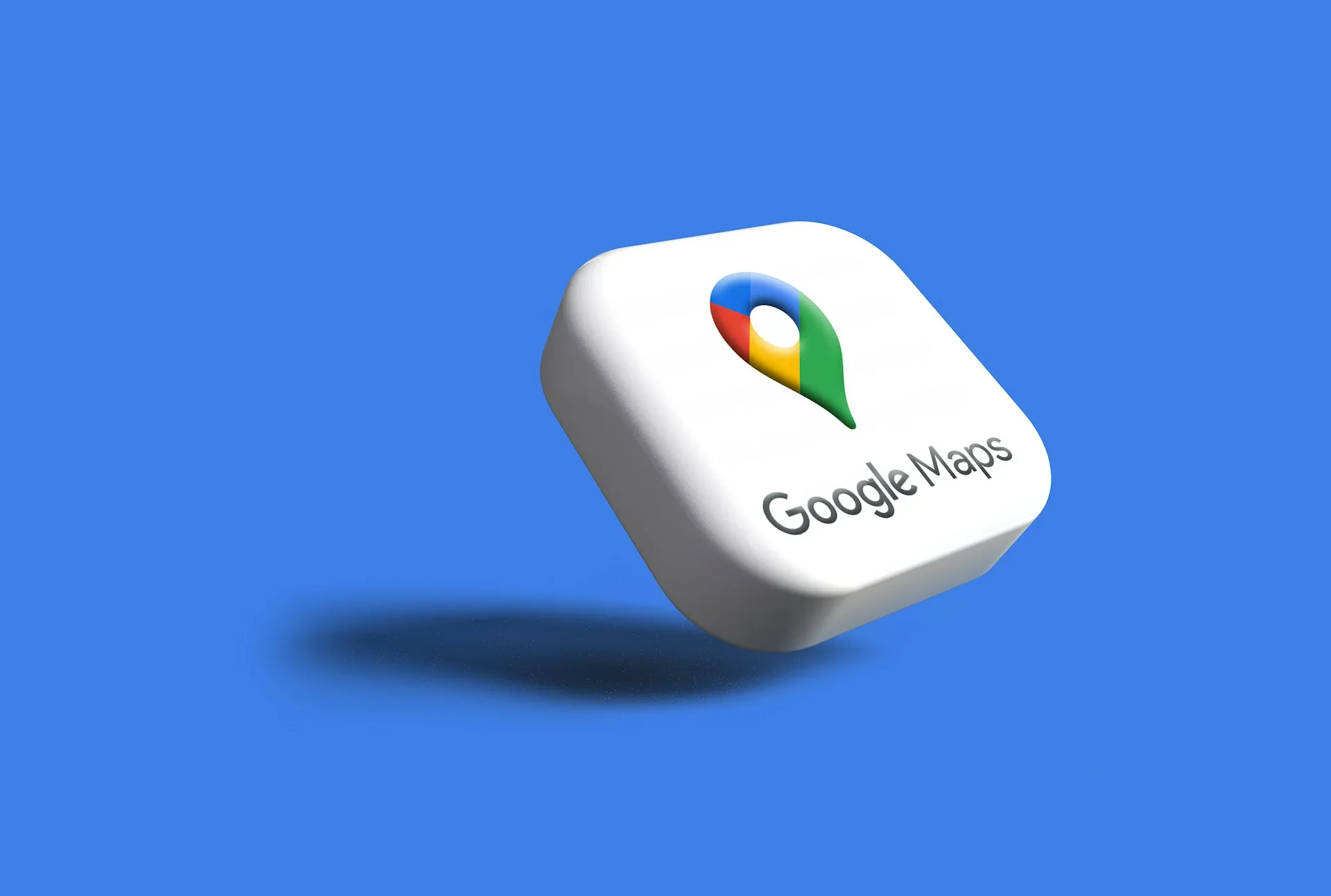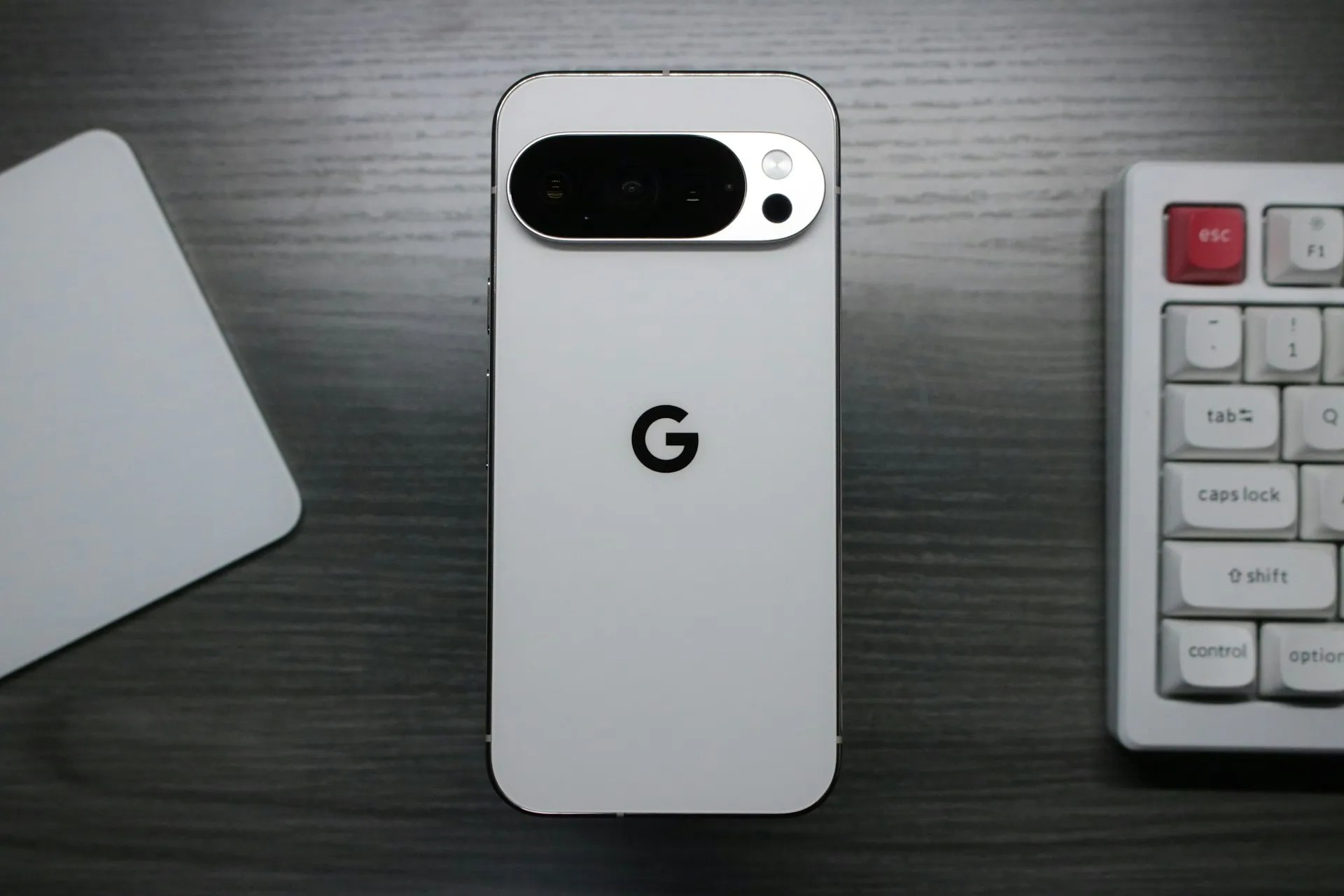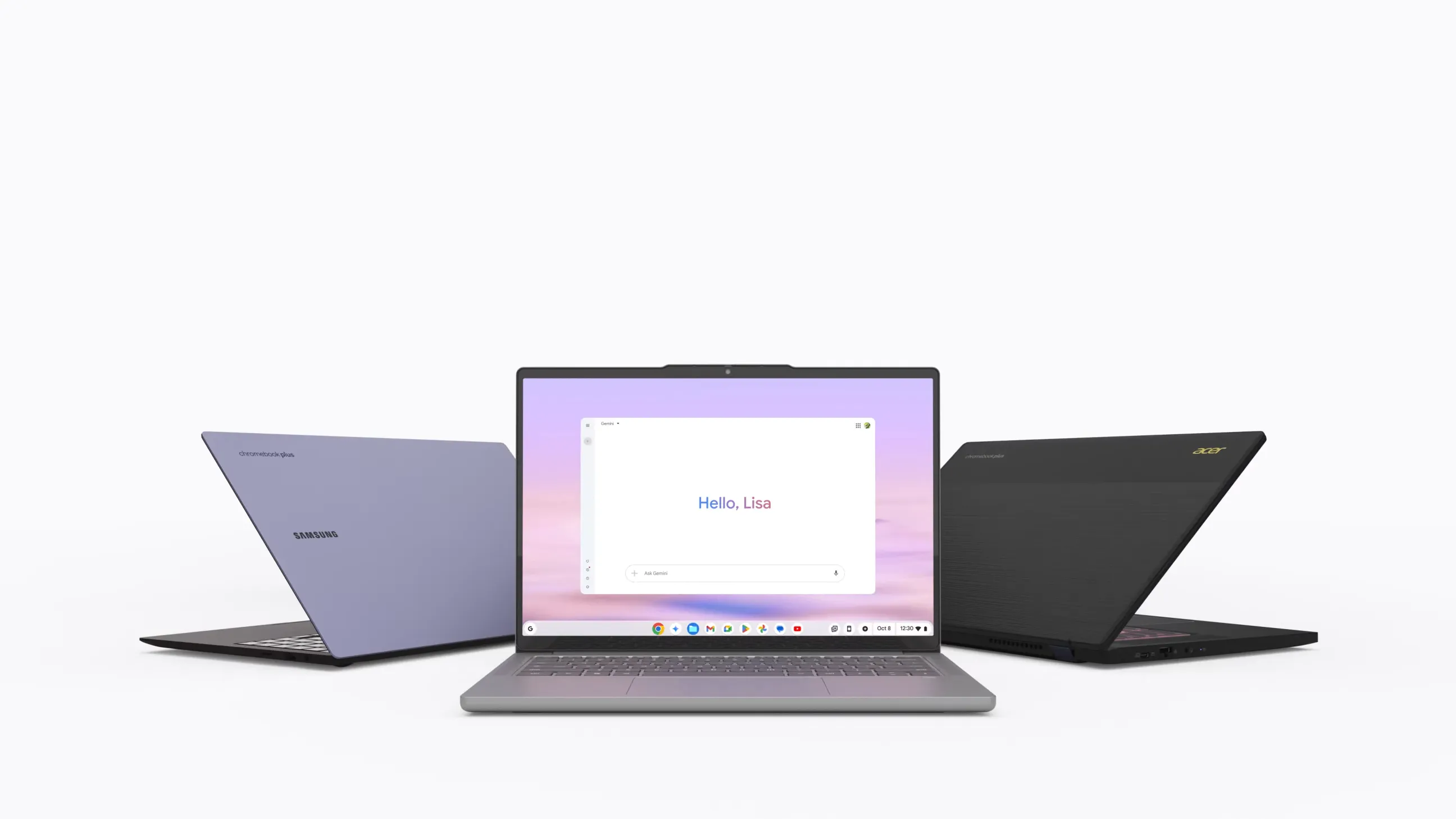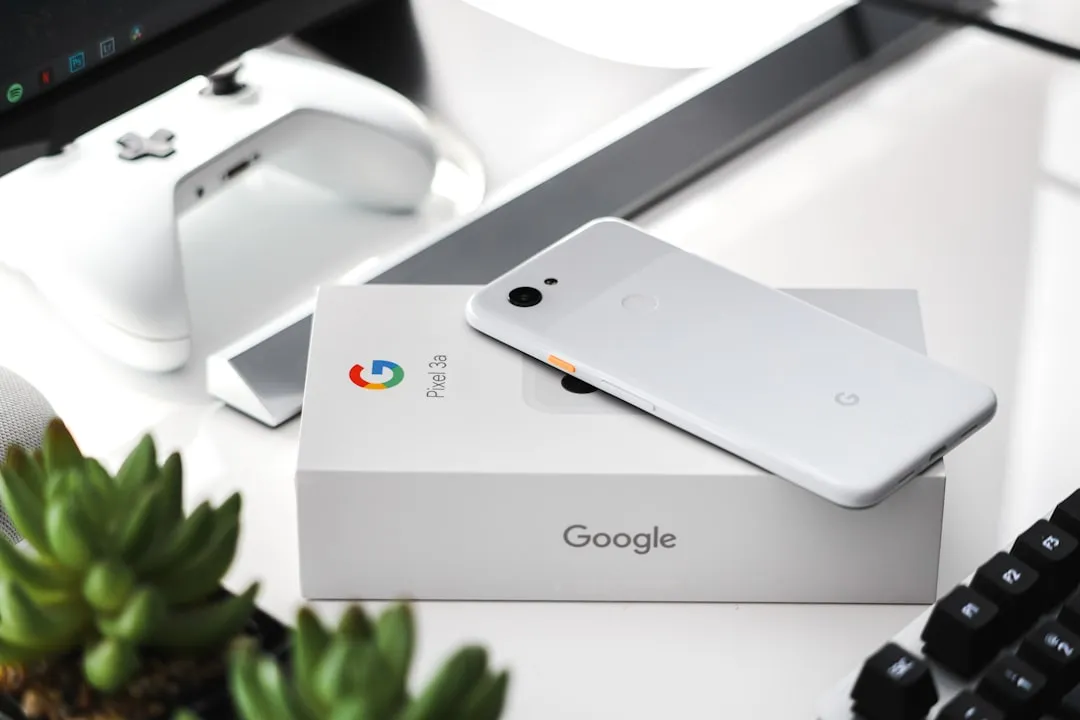Reviewed by Julianne Ngirngir
Imagine your phone automatically locks the moment you walk away, warns you mid-call that you're being scammed, and pinpoints your lost earbuds with AR precision. This isn't some sci-fi fantasy—it's what Google's next Android release is actually delivering. These aren't distant promises—Google's rolling out the infrastructure right now, with Gemini Live already available and UWB support launching this month. With Google's AI overhaul and ultra-wideband finally arriving, Android is about to get seriously smart. The tech giant is moving beyond basic notifications to create an OS that anticipates your needs—and the implications go way beyond convenience.
What you need to know:
Google announced that Android will be "the first mobile operating system that includes a built-in, on-device foundation model"
Gemini Live rolled out to Android users in English for Gemini Advanced subscribers as of August 2024
The conversational AI assistant now works as an overlay on any app, letting you drag-and-drop generated images into Gmail or ask questions about YouTube videos without leaving your current screen
Why UWB finally matters (and your tracker knows it)
Ultra-wideband isn't new—Apple's had it since 2021—but Google's implementation is about to change everything. UWB provides centimeter-level accuracy for device tracking, making Bluetooth look like a blunt instrument. Google's Find My Device is getting rebranded to Find Hub with UWB support launching "later this month," starting with Motorola's long-dormant Moto Tag.
But here's what gets interesting beyond just finding your stuff—UWB's spatial awareness could fundamentally change how your phone interacts with your presence. UWB's precise spatial awareness could enable your phone to remain unlocked while you're holding it, then automatically lock when you walk away, creating a seamless security bubble that moves with you. Recent code discoveries in Find My Device v3.1.305-1 reveal a "precision finding" feature with AR guidance—hold your phone upright, move around, and follow on-screen directions to locate lost items. The catch? You'll need a UWB-compatible phone, and only Pixel Pro models (plus select Galaxy flagships) make the cut.
Gemini gets conversational (and a bit creepy)
Remember when talking to your phone felt awkward? Gemini Live changes that with "free-flowing conversations" and 10 new voices named after constellations—Dipper is "calm" with a deeper voice, while Nova sounds "engaged" with medium pitch. Conversations save automatically, so you can resume chats anytime, and there's a full transcript of your questions and Gemini's responses.
What's more impressive is how this contextual intelligence compounds—as Gemini learns your patterns, these interactions become increasingly predictive, potentially anticipating needs before you voice them. Gemini's awareness means it can anticipate what you're doing and provide relevant help. Testing a recipe? It'll suggest timer settings. Watching a tutorial? Ask questions about the video without pausing. Circle to Search now solves complex math and physics problems with step-by-step instructions—just circle the equation you're stuck on. The AI integration runs so deep that Android 15 includes Gemini as "a foundational part of the Android experience that works at the system level."
The privacy trade-off nobody's talking about
Here's where things get complicated. Google's new scam detection feature listens to your phone calls in real-time, using AI to identify "conversation patterns commonly associated with scams." Everything processes on-device via Gemini Nano, with Google claiming conversations never hit their servers. But this is essentially client-side scanning—the same approach that sparked such backlash on iOS that Apple abandoned it in 2021.
The difference here is Google's framing it as protection rather than enforcement, but the technical precedent is identical. What makes this particularly significant is that Google's business model depends on data analysis—even if processing stays local now, the infrastructure for more comprehensive monitoring is being built into every Android phone. Google emphasizes that sensitive data stays on your device through Gemini Nano, their smallest AI model designed for mobile hardware. TalkBack gets enhanced with richer image descriptions for blind and low-vision users, processing 90+ unlabeled images per day without sending data to the cloud. Still, the line between helpful AI and invasive monitoring keeps getting blurrier. People lost more than $1 trillion to fraud in a 12-month period, making the security benefits hard to ignore.
What this actually means for your next phone
Bottom line: your next Android phone will probably cost more, and here's why these AI features create a hardware arms race. UWB chips, advanced AI processing, and enhanced sensors all require premium components that manufacturers are reserving for flagship models. Only Pixel Pro models (6 Pro and newer) include UWB chips, with the base Pixel 9 notably lacking this feature. UWB support remains spotty across Android devices—even Motorola, which makes the Moto Tag, only included UWB in one phone (the Edge 50 Ultra) that never launched in the US.
Android 15 launched with source code released September 3, 2024, hitting Pixel devices October 15. But the real AI features are rolling out gradually: Gemini Advanced subscribers get early access, while broader Android deployment will happen "over the next few months." Google plans to double Circle to Search availability from 100 million devices to 200 million by year-end, but the premium AI experiences will likely stay tied to flagship phones with enough processing power.
PRO TIP: If you're shopping for a new Android phone and want these features, prioritize UWB-equipped flagships like recent Pixel Pro models or Galaxy S series phones—the base models are getting left behind.
The smart money's on getting smarter
Google's betting big that AI-first Android will define the next decade of mobile computing. During our testing of Gemini Live on a Pixel 9 Pro, the conversation quality felt remarkably natural—though you quickly notice when responses become generic rather than contextually aware. With satellite connectivity coming to Find Hub later this year and airline integration for lost luggage arriving in 2025, the infrastructure for truly ambient computing is finally coming together. Multiple rumors suggest Apple's first AI features will also run on-device rather than through cloud servers, setting up an interesting privacy-versus-capability showdown.
If you're in the market for a new phone, consider waiting for the full AI rollout if you're on a budget—but power users should jump to UWB-equipped flagships now. The question isn't whether AI will transform Android—it's whether you trust Google with that much access to your daily life. Because once your phone starts reading your mind, there's no going back to the old way of doing things.

























Comments
Be the first, drop a comment!